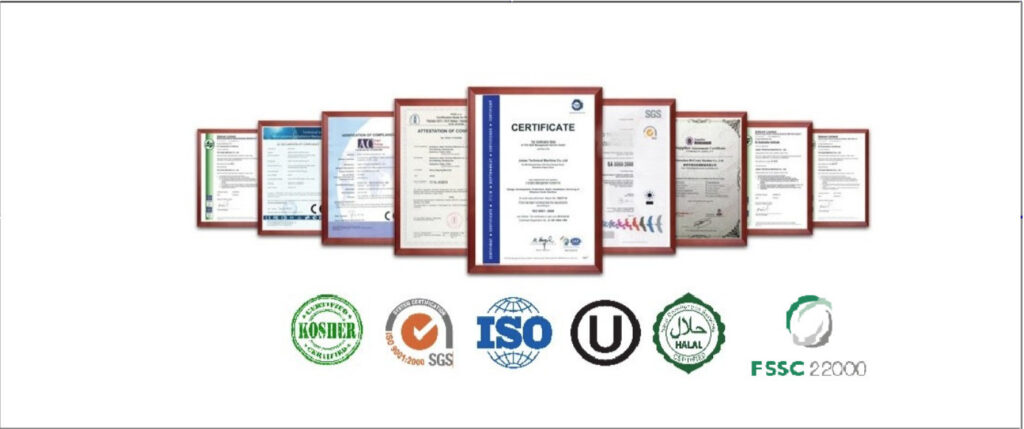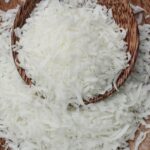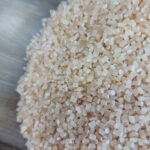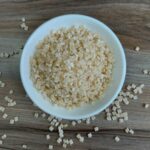CASHEW NUT SHELL OIL
Ensuring that tapioca starch meets international standards and certifications is crucial for maintaining quality and safety. These standards help regulate production processes, guarantee product consistency, and facilitate international trade. Understanding these standards and certifications can help consumers and businesses make informed choices.

Table of Contents
ToggleKEY CERTIFICATIONS
1. ISO (International Organization for Standardization):
- Relevance: ISO standards ensure that tapioca starch production processes meet global quality and safety criteria.
- Examples: ISO 22000 for
food safety management and ISO 9001 for quality management systems.
2. HACCP (Hazard Analysis and Critical Control Points):
- Relevance: HACCP is a systematic preventive approach to food safety that identifies physical, chemical, and biological hazards in production processes.
3. Halal Certification:
- Relevance: Certifies that tapioca starch products comply with Islamic dietary laws.
- Certifying Bodies: JAKIM, MUI, and other regional halal certifying organizations.
4. Kosher Certification:
- Relevance: Indicates that tapioca starch complies with Jewish dietary laws.
- Certifying Bodies: OU Kosher, OK Kosher, and other regional kosher certifying organizations.
5. Non-GMO Certification:
- Relevance: Certifies that the tapioca starch is produced without genetic modification.
- Certifying Bodies: Non-GMO Project Verified and other regional certifying organizations.
6. Fair Trade Certification:
- Relevance: Ensures that the production of tapioca starch meets fair trade principles, providing better prices and working conditions for farmers.
- Certifying Bodies: Fair Trade International and other regional fair trade organizations
HOW TO VERIFY CERTIFICATIONS
- Online Certification Databases:
- Tip: Use online databases and resources provided by certifying bodies to verify the certification status of tapioca starch products.
- Benefit: Ensures the authenticity and up-to-date status of certifications, offering a reliable way to confirm the product meets all relevant standards.
- Manufacturer Documentation:
- Tip: Request certification documentation directly from the manufacturer or supplier.
- Benefit: Obtains detailed and verifiable information about the product’s compliance with international standards, enhancing trust and transparency.
- Third-Party Verification:
- Tip: Utilize third-party verification services or websites that specialize in certifying and authenticating product standards.
- Benefit: Provides an unbiased assessment of the product’s certifications, ensuring impartial validation of quality and safety.

CONCLUSION
Understanding and adhering to international standards and certifications for tapioca starch is crucial for ensuring quality, safety, and marketability. These standards help in maintaining consistency and trust in the product, benefiting both consumers and businesses.












